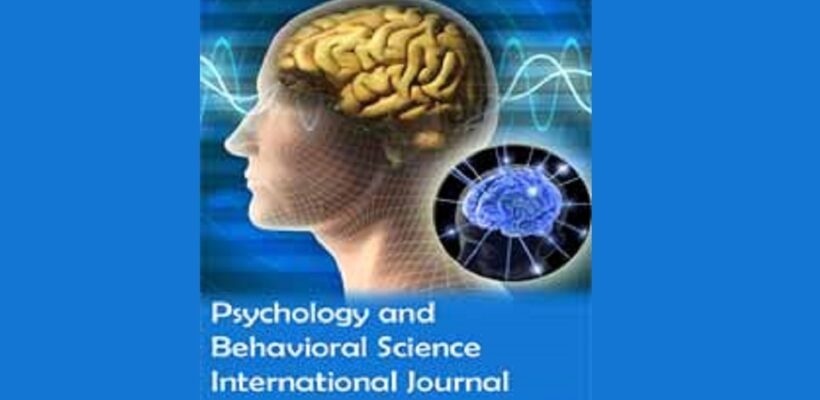
CHS Publishes Study on Post-Disaster Psychopathologies Among Spitak Earthquake Survivors
2 min readYEREVAN, Armenia — The paper “Recovery from Post-Earthquake Psychopathology Among Survivors of the 1988 Armenian Earthquake 23 Years After the Event” is the 10th peer-reviewed publication in the series of papers published in connection with the follow-up wave of the Post-Earthquake Psychopathological Investigation (PEPSI) study. The research group which includes Dr. Vahe Khachadourian (MPH ‘11), Dr. Haroutune K. Armenian, Dr. Armen K. Goenjian, Dr. Anahit Demirchyan (MPH ‘99), and Dr. Varduhi Petrosyan, published the article in the Psychology and Behavioral Science International Journal.
The article evaluates the determinants of long-term recovery from earthquake-related psychopathology, including post-traumatic stress disorder, anxiety, and depression. Through baseline and follow-up assessments conducted in 1991 and 2012, the study investigates a nested cohort of 544 earthquake survivors with one or more baseline psychopathologies and compares those who recovered from all psychopathologies at the follow-up with those who did not. About 60% of this nested cohort was free from psychopathology in 2012. Factors contributing to recovery included better access to healthcare services and perceived average/high socioeconomic status during the 10 years following the earthquake. Factors hindering recovery included facing severe financial/material losses because of the earthquake and experiencing other stressful life events. A remarkable finding was that post-earthquake financial/material support contributed to recovery among those with severe losses, while it had no such effect among those with moderate or no losses.
The authors emphasize that earthquake-related losses have a long-lasting negative impact on the mental health of survivors and that post-disaster adversities and harsh living conditions aggravate the sequel of psychopathology among victims. The study highlights the importance of timely and well-targeted financial/material support and access to healthcare services to achieve better recovery outcomes. The identified risk factors and benefits of early intervention could assist clinicians and policy makers to better identify post disaster high risk groups and allocate appropriate resources to them.
The AUA Turpanjian College of Health Sciences works actively to improve population health and health services in Armenia and the region through interdisciplinary education and development of health professionals to be leaders in public health, nursing, health services research and evaluation, and health care delivery and management.
